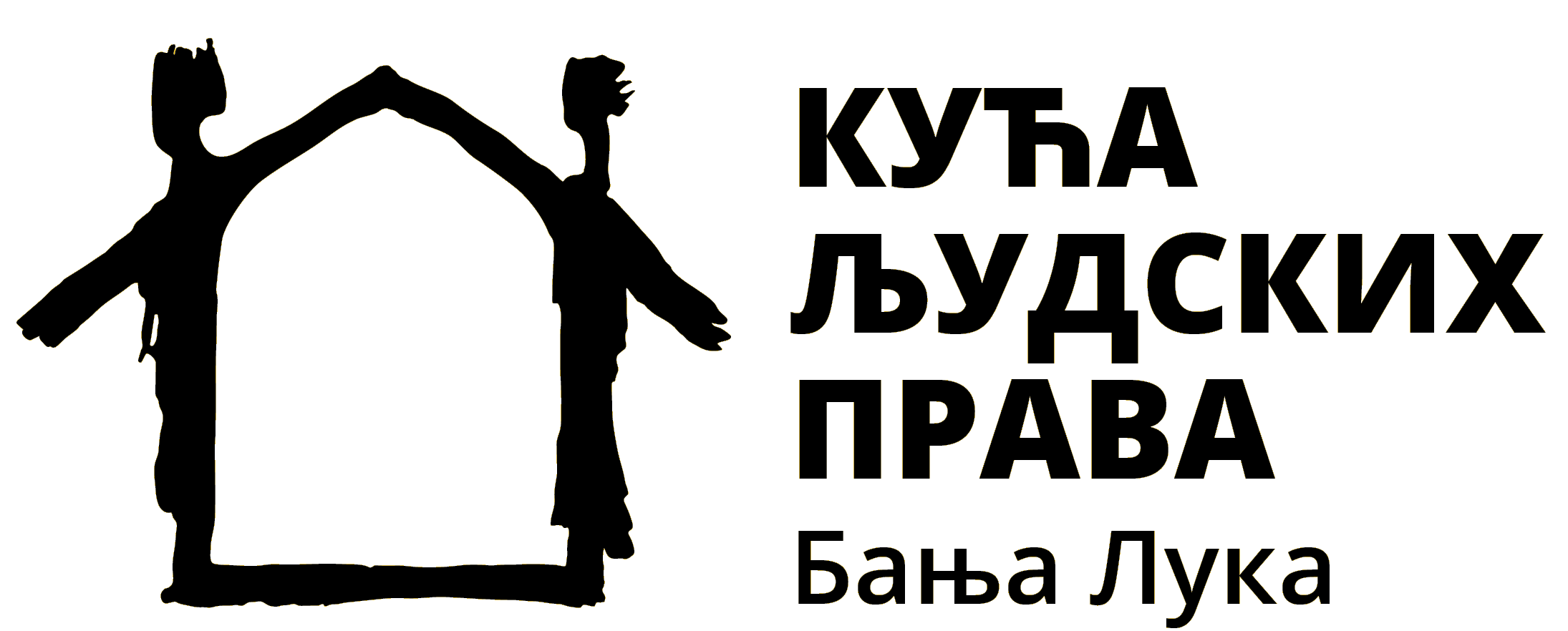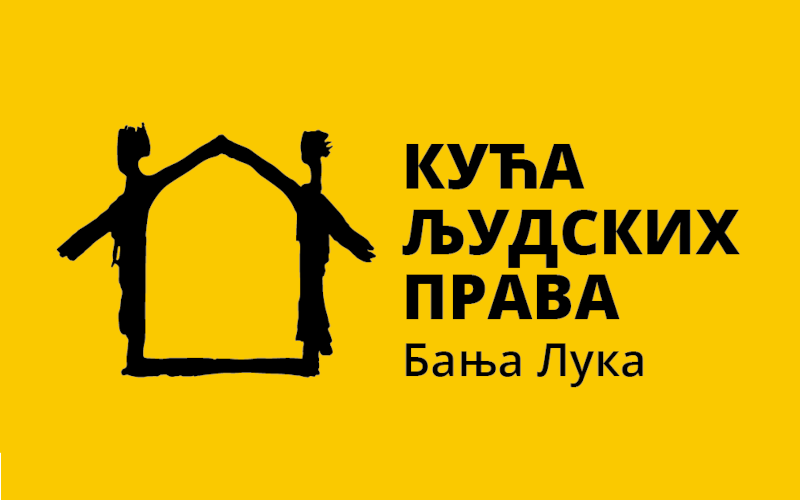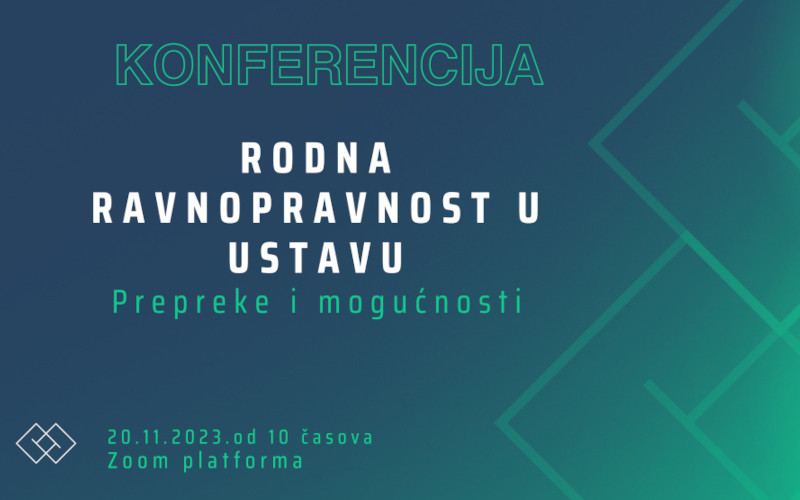On 19 March 2024, a new Regional Network of Human Rights Houses was launched by Human Rights Houses Banja Luka, Belgrade, Zagreb and the Sarajevo Open Centre. The group also launched their first Regional Report on the situation of human rights defenders in Bosnia and Herzegovina, Croatia and Serbia.
The global situation of human rights defenders is, unfortunately, deteriorating, and a very good way to respond to such a development is with the establishment of the Regional Network of Human Rights Houses.
Maria Dahle, Director, Human Rights House Foundation
“Human Rights House Foundation is committed to providing support and protection to the Regional Network of Human Rights Houses in the Balkan region, and we are very proud of the work being done here. what we’ve heard from the participants today – there is also great support and acknowledgement from the international community,” commented Maria Dahle, Director of Human Rights House Foundation, at the launch of the Regional Network.
The new Regional Network encompasses three Human Rights Houses (HRHs) and Sarajevo Open Centre, which leads the initiative to establish a new Human Rights House in Sarajevo. The Regional Network’s members are united by shared values and common human rights challenges, and determined to have close regional cooperation to address these challenges by coordinating evidence-based regional advocacy efforts and learning from shared experience.
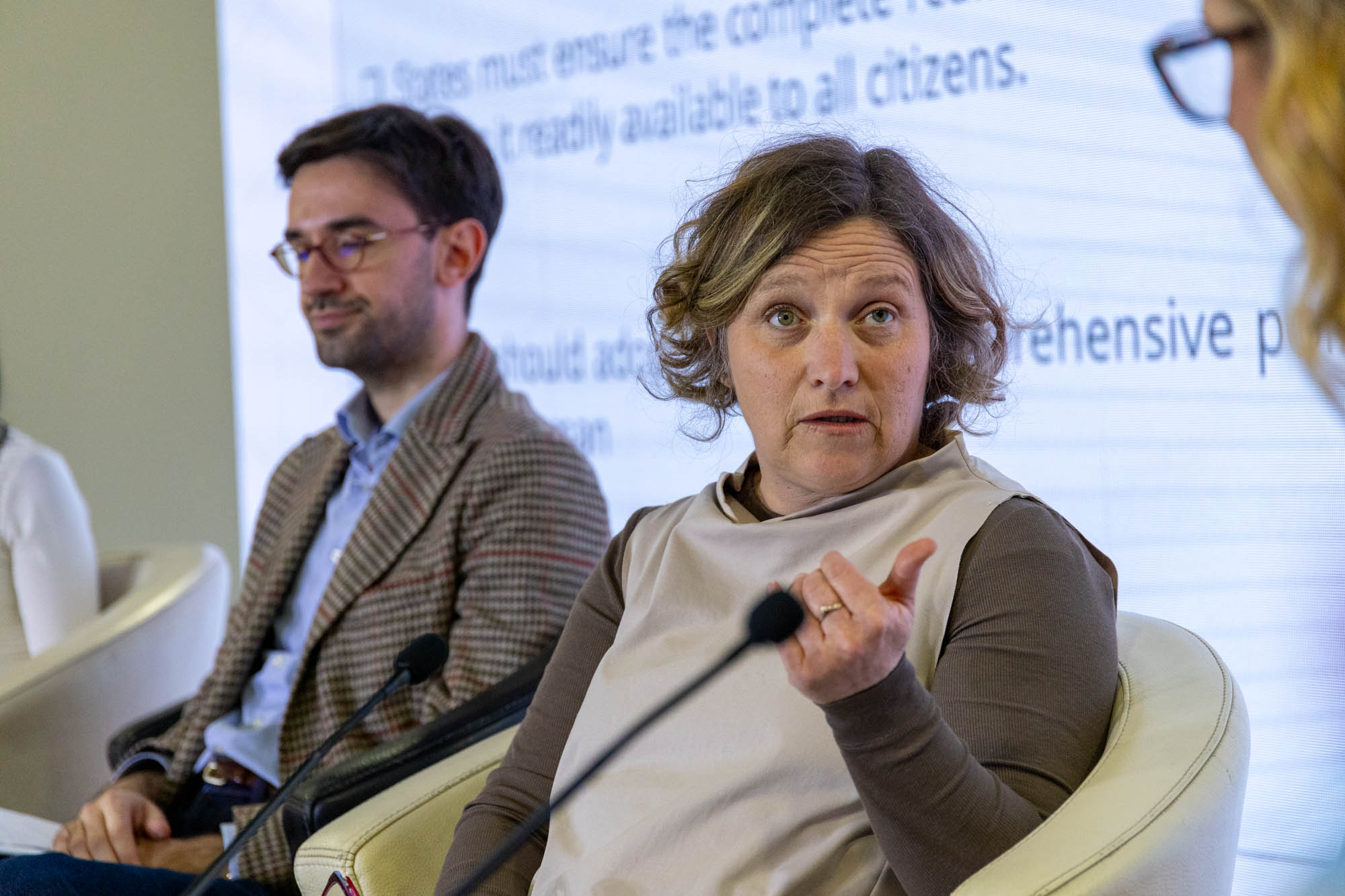
We share the past, language, culture, values, and challenges together. And we should share and shape the future together.
Dragana Dardić, Executive Director, Helsinki Citizens’ Assembly, Human Rights House Banja Luka
Each member of the Regional Network has developed expertise in different areas of human rights that others can benefit from. For instance, HRH Banja Luka has expertise in the protection of environmental human rights defenders (HRDs) including advocacy, campaigning and legal initiatives; HRH Belgrade has been active in providing legal aid to the HRDs and citizens; and HRH Zagreb played a leading role in coordinating civil societies’ input into the EU integration processes. Sarajevo Open Centre is a regional front-runner on gender equality and the protection of the rights of LGBTI+ persons.
One of the Regional Network’s main goals is to support the next generation of HRDs by bringing them together for human rights education programmes and shaping their resilience in an increasingly restrictive space for civil society and human rights protection.
The first Regional Report on the situation of human rights defenders
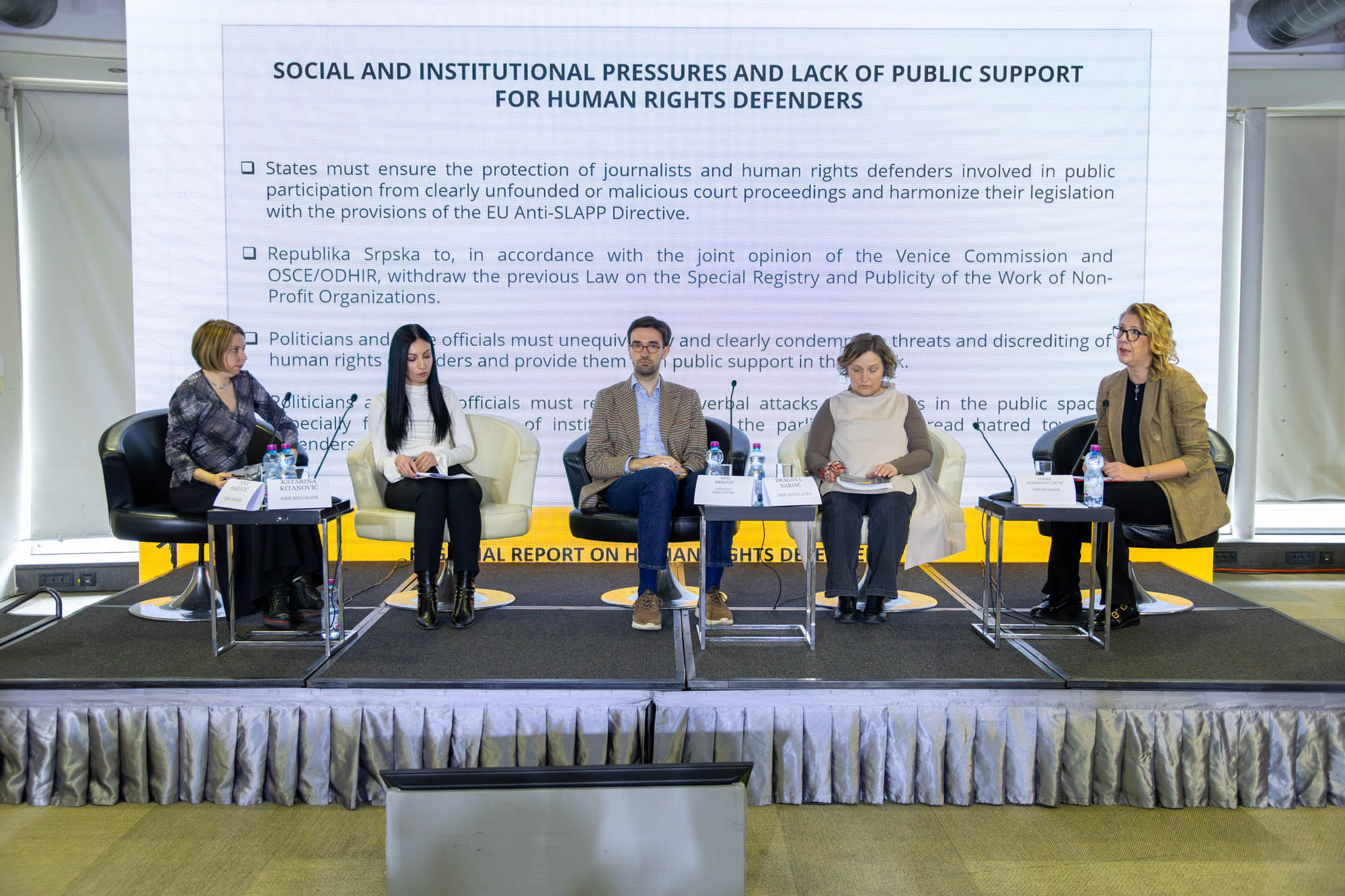
Keeping in mind the context of shrinking space [for civil society] in our countries, joint actions and efforts are needed to support human rights defenders.
Amil Brković, Programme Coordinator, Sarajevo Open Centre
As its first joint activity, the Regional Network members analysed the challenges and risks faced by HRDs across Bosnia and Herzegovina, Croatia, and Serbia throughout 2023 and released their findings in the first Regional Report on the Situation of HRDs.
The Report highlights decreasing public support and growing threats facing HRDs, as well as the lack of HRDs’ participation in policy-making.
The authors of the Report outline the crucial role played by HRDs and call for stronger mechanisms to support their safety and well-being. Through case studies and data analysis, the report offers insights into the diverse contexts in which defenders operate, shedding light on the urgent need for enhanced protection measures and advocacy efforts to safeguard their rights and freedoms.
The Report was created by compiling the findings of national-level reports written by the members of the Regional Network, and was based on criteria outlined in Human Rights House Foundation’s (HRHF’s) Rights of Defenders booklet which identifies 20 standards related to the rights of HRDs.
EU Integration as a golden thread
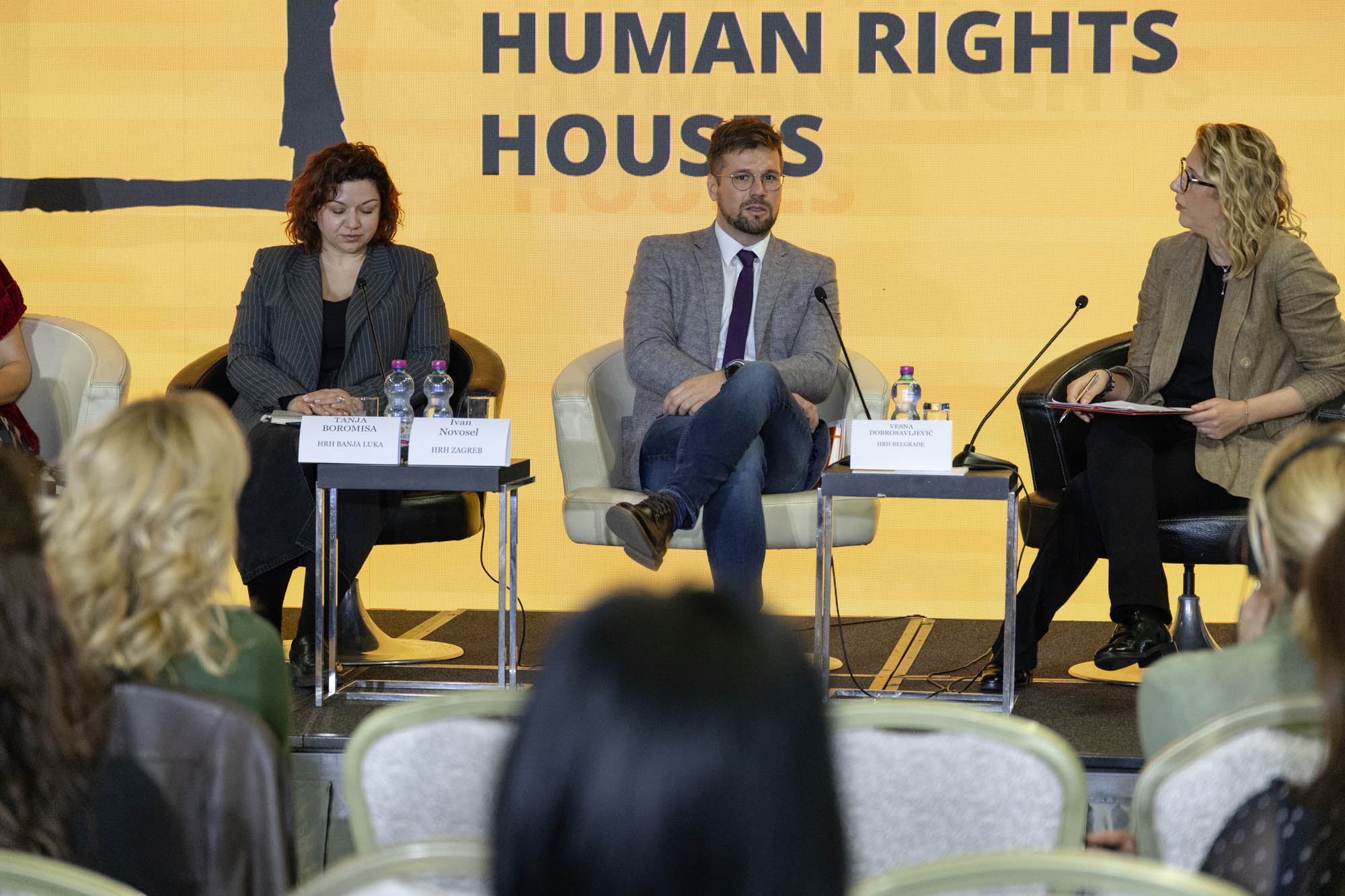
I hope to see the Regional Network as a reliable source of information and analysis on EU integration in the future, as well as a platform to unite defenders across the region to bring international human rights standards home.
Ivan Novosel, Director, Human Rights House Zagreb
The founding members of the Regional Network represent countries at different stages of EU integration. Croatia is an EU member-state, while Serbia and Bosnia and Herzegovina are both EU candidate countries.
The Regional Network aims to cooperate on the EU integration process, organise meetings with EU officials in the region and in Brussels, and engage with EU institutions on issues related to negotiating chapters (integration requirements related to a country’s administration, institutions, and legislation).
During the EU integration process of Croatia, Human Rights House Zagreb took on the role of a coordinator of civil society organisations inputting into negotiating chapters 23 and 24 (Judiciary and fundamental rights; Justice freedom and security respectively) and their experience and lessons learnt can support Human Rights Houses Banja Luka and Belgrade in doing so.
Promoting the Human Rights House concept in the region
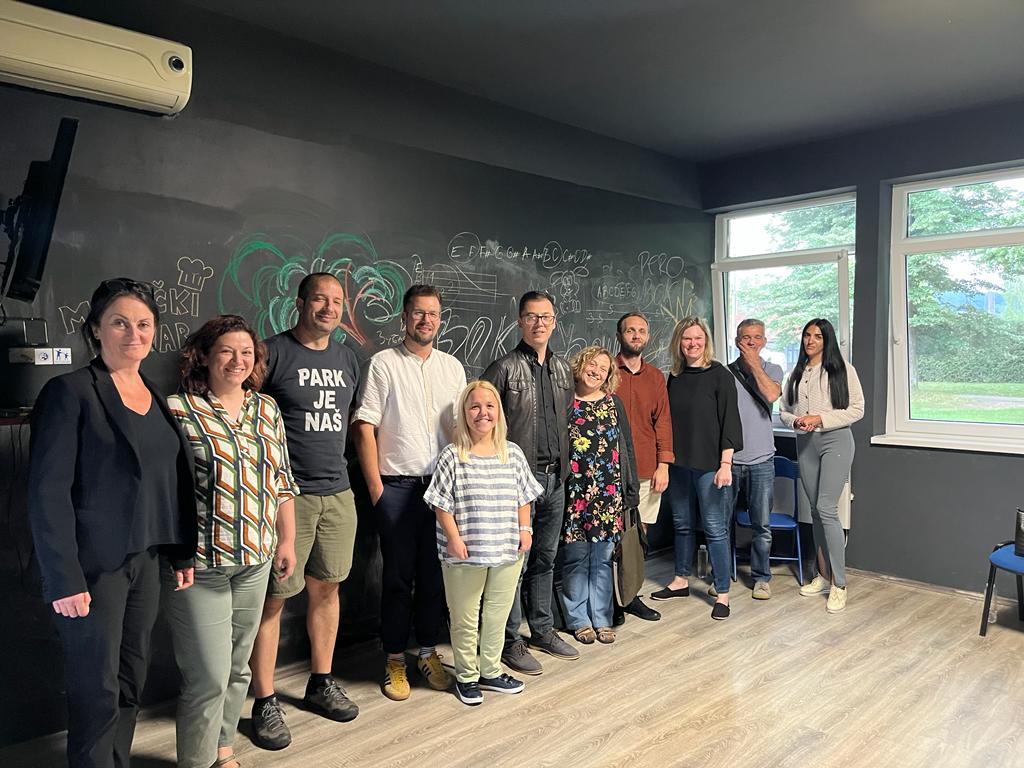
We are already observing increased interest in the Human Rights House concept in the region… we hope to see even broader interest in the concept and in our work moving forward.
Marija Maljan, Cooperative Manager, YUCOM, Human Rights House Belgrade, Coordinator of the Regional Network of Human Rights Houses.
The Regional Network members plan to support Sarajevo Open Centre and their initiative of establishing a new Human Rights House in Sarajevo and continue to support each other’s capacities to act as collaborative, independent, relevant, sustainable, effective and united platforms promoting human rights in the region.
Human Rights House concept
Human Rights Houses are coalitions of civil society organisations working together to advance human rights at home and abroad. HRHF works with civil society organisations to establish and support Human Rights Houses as bases for human rights activities.
Read more about the Human Rights House concept here.

The launch event was organised with the support of Human Rights House Foundation thanks to the generous financial support of the Norwegian Ministry of Foreign Affairs.
Top photo: Panel discussion ‘Strategic Synergy: Advancing Regional Cooperation in Human Rights’. From left to right Darko Pandurević, Advocacy and Programme Manager at Sarajevo Open Center, Sonja Tošković, President of the Board of the HRH Belgrade, Tanja Boromisa, President of the Board of the HRH Banja Luka, Ivan Novosel, Director of Programs at the Human Rights House Zagreb, and the moderator Vesna Dobrosavljević, HRH Belgrade.
Source: Human Rights House Fondation
Featured Image: Automic Visual Support
